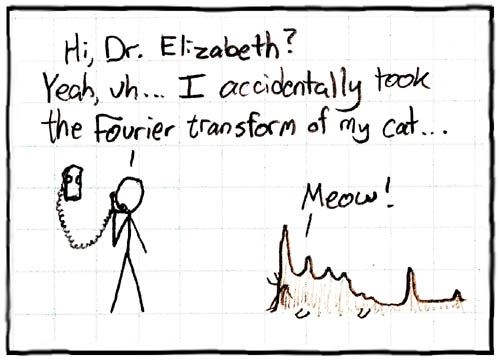for not posting more.
I'm back from conferencing round Europe, but work is heavy, and free-time at home is spent mostly setting up pieces of furniture and stuff. The little left is for my lady. And sometimes to sleep before the next day.
I'm reading a nice book (The Swarm) during commute time, when I am not trying to catch up with my PK studies and such. It's about the sea inhabitants (whales, jellyfishes, even worms and bacteria) rioting and getting rid of humans. It reads heavy and documentary, at times, and characters are a tad stereotypical, but what the hell, it's a good read. Although after three hunded pages still we have no clue on what is going on and the plot is getting stuck. We know some alien intelligence lurks in the darkness at the bottom of the oceans, but we are not even hinted about their nature or the scope of their actions. It gets kind of boring after a while. Science Fiction fans want to understand the alien, most of all. Not to watch it while it smashes to pieces human civilisation.
Interesting stuff though, especially in the technical bits. I didn't know there was so much methane in the oceans, or that there were plans to extract it (how naive am I?). Nor about the complex ecosystems living off it.







